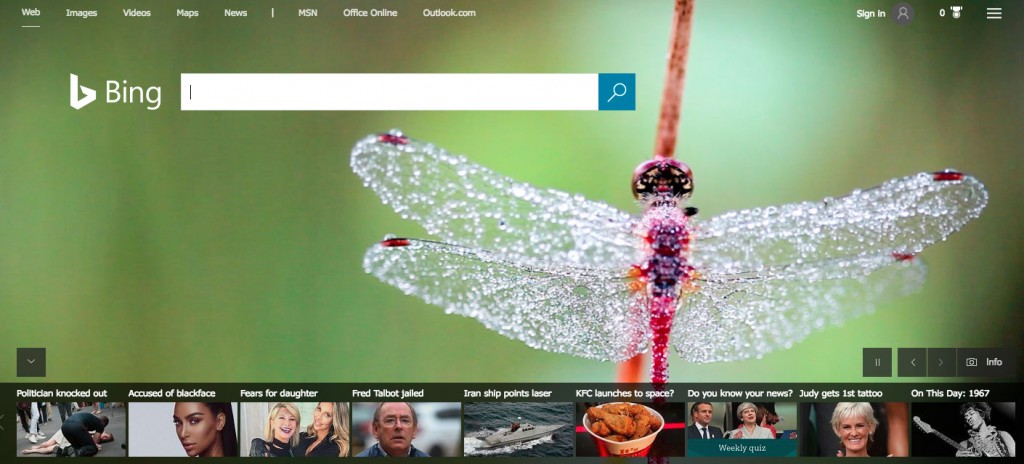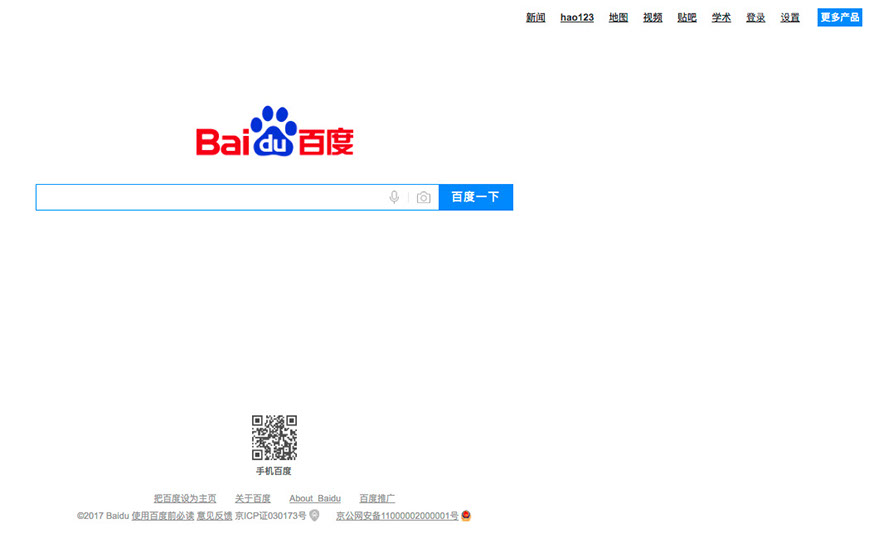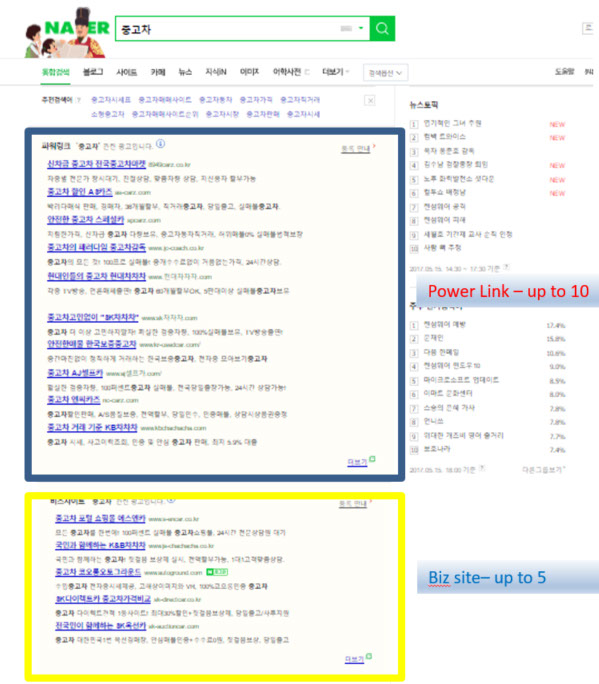Writing impactful and compelling PPC ads is key to capturing the attention of internet users and achieve a good return on investment (ROI). Having said this, different search engines across the world have different requirements when it comes to their ad copies. In this blog post, we’ll look at the PPC ad specifications for Bing, Baidu and Naver.
Bing
Bing is particularly big in the US, where it has over 30% market share. Bing Ads is Bing’s advertising platform, and it covers bing.com, yahoo.com and aol.com. Bing wants to guarantee a safe and positive online experience for its users, and it sets regulations on several products and topics that are considered ‘sensitive’ and for which PPC advertising is either disallowed or follows some strict policies.
Bing now only supports expanded text ads, introduced in 2016, and the requirements for these are:
Character limits
- two titles of up to 30 characters each
- one description line of up to 80 characters
- a display URL which takes your final URL’s domain
- two URL paths that can be customised
Editorial guidelines
The key rules are to use correct, non-offensive language which truly describes your offer and to ensure that the use of capital letters, punctuation and spaces isn’t done with the aim of attracting attention to the ad. With regards to symbols such as exclamation or question marks, Bing allows one per sentence in each ad.
Ad extensions
- sitelink extensions
- review extensions
- callout extensions
- image extensions
- call extensions
- location extensions
- app extensions
Baidu
Baidu is China’s number one search engine, a must if you are targeting this country. This search engine offers many advertising products. Baidu isn’t 100% explicit about the topics and terminology which aren’t allowed in PPC, but it states that advertisers should avoid words considered ‘sensitive’, i.e. offensive to the public and the authorities. In addition to this, it advises that ads cannot contain false information, so it’s important that the content truthfully reflects what is shown on the website.
Character limits
- headline – up to 25 characters
- body – 2 description lines of up to 40 characters each
- display URL – 18 characters
Editorial guidelines forbid the following:
- superlatives such as most, best, cheapest, greatest, etc.
- special symbols such as 【】『』○●△▲◎☆★◇◆□■▽▼⊙¤
- use of full domain names in the title and/or description (i.e. www.baidu.com)
- trademark policy – Advertisers can use competitors’ brand names in keywords and ads unless a competitor specifically files an application to protect its brand. In that case, Baidu won’t allow such trademarks to be used within PPC keywords and ad texts.
Ad extensions
- sitelinks – up to 5 sitelinks per ad text
- call extensions – display your telephone number on desktop ads, or add a direct ‘call button’ on mobile ads
- app extension – only available on mobile ads
- call back – only available on mobile, it lets you display a button for “free consultation” showing just below the ad
Naver
If you are targeting South Korea, advertising on Naver is highly recommended. Its advertising system underwent some major reshaping in 2016, introducing several new types of ads, covering search, content and shopping in its new advertising platform Search Ad.
Character limits
- headline – up to 15 characters
- body – a minimum of 20 and a maximum of 45 characters
- display URL – no limit given. Must match the root domain of the landing page
Editorial guidelines
- The use of special characters and abbreviations should be limited.
- Each keyword should have its own dedicated ad.
- Punctuation such as commas and question/exclamation marks are not allowed in the ad title.
- Content should ideally focus on the description of the products and services offered.
- Naver’s trademark policy forbids advertisers from mentioning other brands within the content of the ads.
Ad extensions
- phone number
- location
- Naver Booking
- Naver Talk Talk (this is available only to specific areas and businesses)












